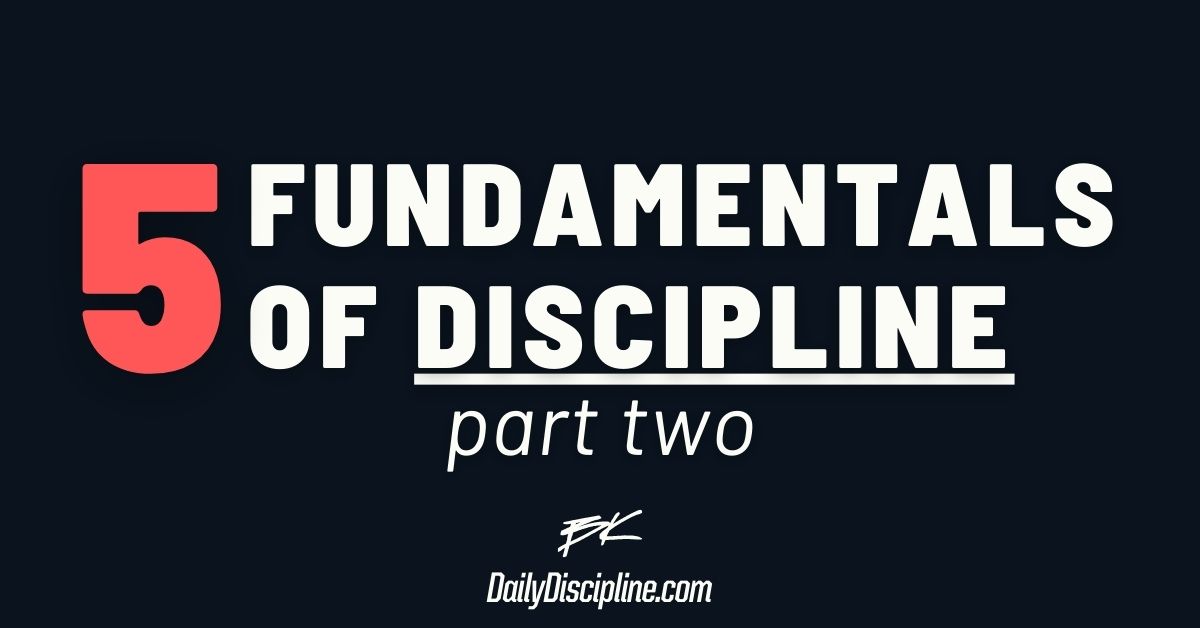Selfish, defiant, instant gratification, resistant to leadership, wants things without working for them, and sometimes just lazy. These are traits of entitlement. Popularly discussed and poorly understood, entitlement has become the strongest identifying label attached to an entire generation of youth.
Sounds like a 21-year old college grad in her first real job, entry-level accounting, unhappy with the long hours of busy season, shocked by the blunt style of her boss when he criticizes her communication skills and the quality of her work. Life comes at you fast.
But it also sounds like a 51-year old insurance sales manager complaining about the transition from in-person to internet purchasing, resentful of the changes his company is making in technology, commissions, and reporting structure. Life comes at you slow.
Entitlement is a mindset adopted by a person, not a character trait of a generation. Younger, less experienced people generate entitlement by expecting rewards they haven’t earned for work they haven’t done. Older, more experienced people generate entitlement by expecting rewards to continue, or increase, without the rules changing or the work getting harder.
We only need to look at the nurse required to use electronic medical records, the executive reluctantly investing budget on social media, the coach bitter about parent intervention, the parent demanding playing time for their son, the senior partner unwilling to test new approaches in a familiar market, or the spouse expecting empathy and understanding without giving it.
No one is entitled.
Do the work.
.jpg)

Share your thoughts